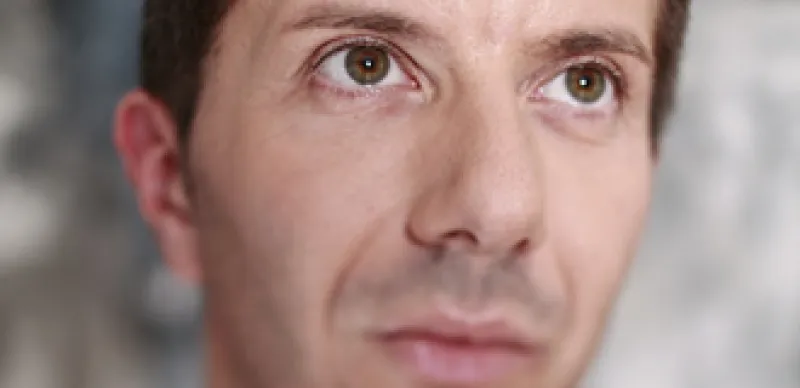
The 2011 All-Europe Research Team
With the euro zone lurching from crisis to crisis, investors are dependent on timely insights from analysts — and say these are tops in their field.
Leslie Kramer
February 8, 2011


